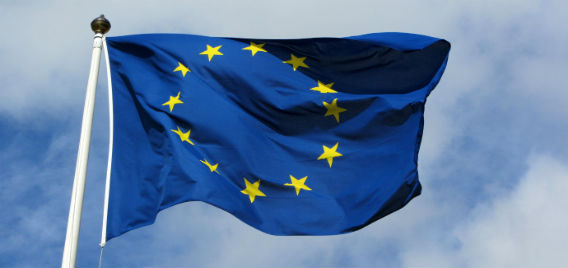In 1948, the United Nations General Assembly expressed the world’s abhorrence at the atrocities of the Second World War and the commitment never again to permit such crimes to take place: the first-ever human rights treaty was adopted.
The European Union was born from the ashes of the Second World War. Defending human rights and the protection of people from mass atrocities are at its very core to ensure that history does not repeat itself.
The best point of departure is early action. The EU works together with the UN and partners around the globe to strengthen the global protection of human rights and address early warning signs.
Through its 2020-24 Action Plan for Human Rights and Democracy, the EU aims to combat intolerance, harassment, and violence based on ethnic origin, religion or belief. The EU’s recent strategy on combating antisemitism aims to make the EU a global leader in this area, be it at home or through its external action.
We work to promote accountability and justice and to protect the rights of victims to justice and reparation. We support the world’s only permanent and independent court for the investigation and prosecution of the most heinous crimes, the International Criminal Court. Within the EU, the European Network of Contact Points in respect of persons responsible for genocide, crimes against humanity and war crimes ensures cooperation between national authorities in investigating and prosecuting such crimes.
Young people play an essential role in promoting justice and reconciliation and to counter violent extremism. This year the focus is on them. The UN Security Council Resolution 2250 (2015) on Youth, Peace and Security calls for mechanisms that involve youth to promote a culture of peace, tolerance, intercultural and interreligious dialogue and to discourage young people’s participation in acts of violence, terrorism, xenophobia, and all forms of discrimination. The EU is fully involved. The upcoming Youth Action Plan in EU External Action will make youth engagement a central element of the EU’s foreign policy and public diplomacy, facilitating meaningful inclusion of young people in decision and policymaking.
Today, 152 States are parties to the Convention on the Prevention and Punishment of the Crime of Genocide. Its universality is within reach. All remaining States should ratify it.
In remembrance of all genocide victims, the EU will continue to work towards fully protecting the world’s peoples from atrocity crimes, to fight violations and to strive to end impunity.

